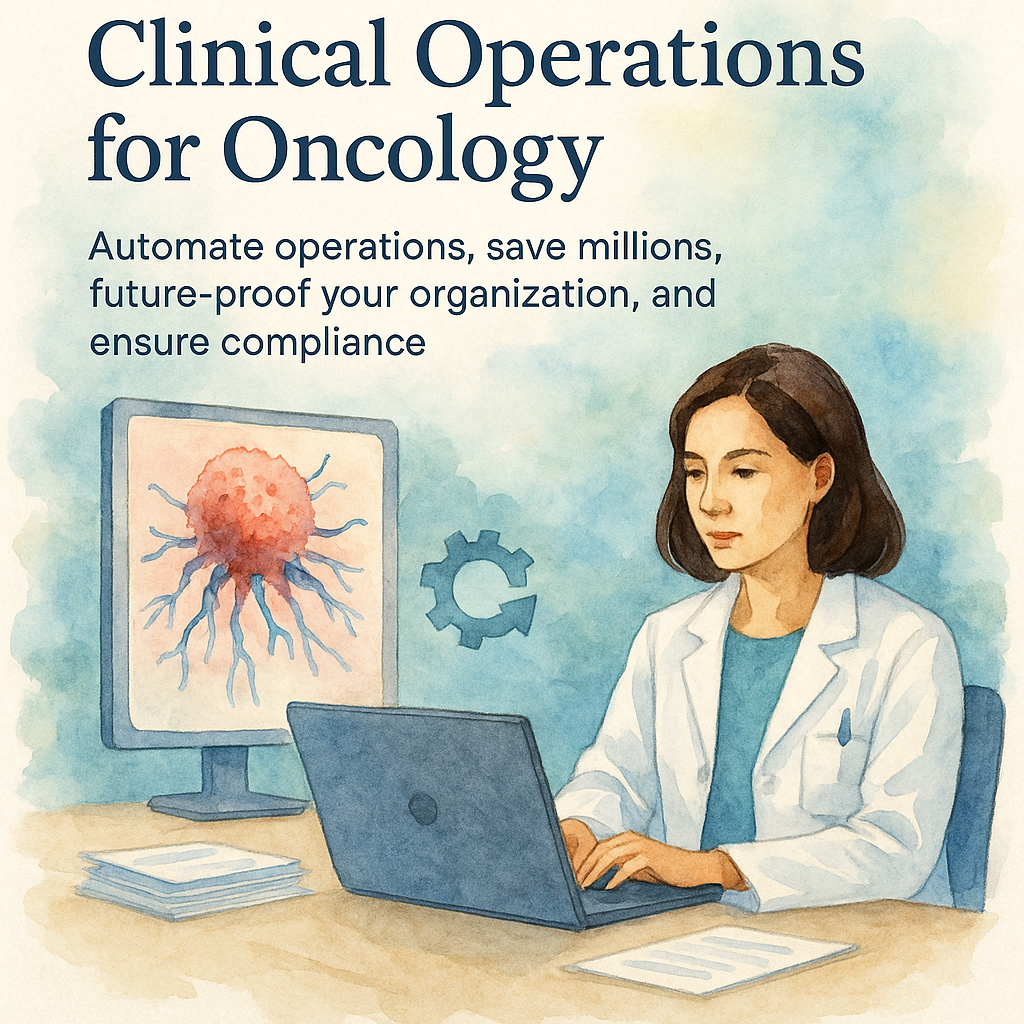In an era when AI-driven advances promise to transform healthcare, one of the simplest tasks still trips up clinicians and stalls patient care: prior authorization. Designed as a safety net to verify medical necessity, PA has become a Gordian knot of faxed forms, phone trees, and opaque payer rules. Patients wait weeks for approval, clinicians burn out on paperwork, and the system bleeds over $80 billion in wasted labor annually.
RISA Labs isn’t just building another bolt-on shortcut. They’re rewriting the PA playbook with an end-to-end, AI-powered orchestration engine that treats authorization as a seamless clinical workflow, not a bureaucratic burden. Below, we explore the human cost of today’s PA grind, how RISA Labs is engineering a radically different experience, and why this shift matters for every patient and provider.
The Broken Backbone of Clinical Care
Imagine a cancer center where every treatment path hinges on a pre-clearance form. At one leading U.S. oncology practice, physicians report that 70 percent of patients face PA delays, and one in three wait over a month time during which certain cancer mortality risks climb by 1.2 – 3.2 percent per week of delay. Those delays aren’t just statistics; they’re missed chemotherapy cycles, frantic phone calls, and families in limbo.
In behavioral health clinics, the story is no less grim. Providers spend 24 minutes and up to $14 per authorization, i.e., three times the effort of general-medicine cases to navigate transfer forms, fax confirmations, and appeal letters. Across the system, prior authorization volumes have surged 27 percent since 2016, yet fully electronic automation barely budged, forcing staff to shoulder growing caseloads manually.
For practices, the result is staff burnout and costly errors; for patients, it’s delayed diagnoses, interrupted therapies, and, in the worst cases, preventable harm. Nearly 30 percent of radiation oncologists report that PA has directly led to hospitalizations or emergency visits and 7 percent say it even contributed to patient deaths. This tangled process undermines care, erodes clinician morale, and drives up healthcare costs at every step.
Turning Prior Authorization into a Co-Pilot
In 2024, Kshitij Jain and his co-founders recognized that true transformation required more than incremental automation. They launched RISA Labs with a clear thesis: clinical operations deserve a unified, intelligent backbone. One that combines AI’s speed with human judgment where it matters most.

At the heart of their solution is BOSS – Business Operating System as a Service. Rather than scattered bots or static rule engines, BOSS uses a multi-agent AI framework to parse each PA request: large-language models extract clinical details from notes; machine-learning classifiers match those details to payer guidelines; robotic-process automation submits forms and uploads documentation; and a human overseer steps in only when complexities arise. The result? What once took 30–45 minutes collapses into a five-minute, 80 percent-automated journey with error rates dropping by more than half in early oncology trials.
Crucially, RISA Labs built deep EHR and clearinghouse integrations from day one, connecting to Epic, Athenahealth, Cerner, and Availity so that PA becomes a natural extension of the clinical chart, not a separate silo. And because the system learns from each case, reinforcing successes and flagging exceptions, BOSS grows more accurate over time, paving the way for an AI co-pilot capable of handling not just authorization but referrals, imaging orders, and beyond.
The Road Ahead: From Choke-Point to Clinical Flywheel
RISA Labs envisions a future where prior authorization is no longer a painful afterthought but an invisible partner in every clinician’s workflow. In the coming months, BOSS will quietly extend its reach beyond oncology—seamlessly handling imaging orders in radiology suites, orchestrating referrals in cardiology clinics, and managing pharmacy benefits behind the scenes. Clinicians will log into the same familiar EHR, only to discover their PA tasks already underway: requests parsed, guidelines applied, forms submitted, and approvals delivered—often before the next patient arrives in the exam room.
As BOSS learns from each case, its AI agents will grow more confident and autonomous, resolving an ever-greater share of requests without human intervention. At the same time, RISA Labs will forge deep ties with payers themselves, integrating real-time policy engines so that every shift in coverage criteria instantly recalibrates BOSS’s decision logic. This fluid exchange will not only keep authorizations accurate but anticipate changes—alerting care teams to evolving requirements or newly covered therapies before those policies even reach the fax machine.
Behind the scenes, RISA Labs is already partnering with academic centers to measure the clinical impact of this transformation. Soon, peer-reviewed studies will show how BOSS-driven authorizations shave days off treatment start times, reduce hospital readmissions, and even improve patient survival rates. And as those data points accumulate, they will do more than prove ROI—they will build trust across the healthcare ecosystem, opening doors to new collaborations, deeper integrations, and ultimately a unified, AI-powered operating system that transforms every corner of clinical operations.
In that future, administrative burden gives way to clinical focus, patient access accelerates, and the promise of intelligent healthcare delivery becomes reality. RISA Labs isn’t just automating tasks—it’s redefining what care can look like when technology works for clinicians, not against them.
By reframing prior authorization as a seamless, intelligent workflow rather than a hulking administrative hurdle, RISA Labs is digitizing not just tasks but trust—freeing clinicians to focus on patients and accelerating access to the treatments that save lives. In doing so, they’re lighting the path toward a future where healthcare operations are as smart and compassionate as the medicine they enable.
